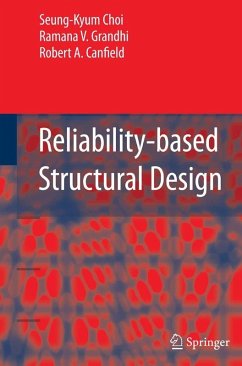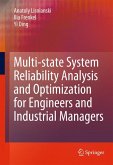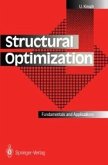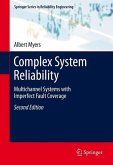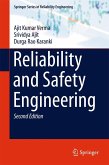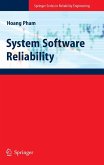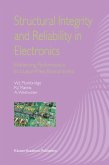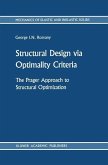As modern structures require more critical and complex designs, the need for accurate approaches to assess uncertainties in loads, geometry, material properties, manufacturing processes and operational environments has increased significantly. Reliability assessment techniques help to develop safe designs and identify where significant contributors of uncertainty occur in structural systems, or, where further research, testing and quality control could increase the safety and efficiency of the structure.
Reliability-based Structural Design provides readers with an understanding of the fundamentals and applications of structural reliability, stochastic finite element method, reliability analysis via stochastic expansion, and optimization under uncertainty. Probability theory, statistic methods, and reliability analysis methods including Monte Carlo sampling, Latin hypercube sampling, first and second-order reliability methods, stochastic finite element method, and stochastic optimization are discussed. In addition, the use of stochastic expansions, including polynomial chaos expansion and Karhunen-Loeve expansion, for the reliability analysis of practical engineering problems is also examined. Detailed examples of practical engineering applications including an uninhabited joined-wing aircraft and a supercavitating torpedo are presented to illustrate the effectiveness of these methods.
Reliability-based Structural Design will be a valuable reference for graduate and post graduate students studying structural reliability, probabilistic analysis and optimization under uncertainty; as well as engineers, researchers, and technical managers who are concerned with theoretical fundamentals, computational implementations and applications for probabilistic analysis and design.
Reliability-based Structural Design provides readers with an understanding of the fundamentals and applications of structural reliability, stochastic finite element method, reliability analysis via stochastic expansion, and optimization under uncertainty. Probability theory, statistic methods, and reliability analysis methods including Monte Carlo sampling, Latin hypercube sampling, first and second-order reliability methods, stochastic finite element method, and stochastic optimization are discussed. In addition, the use of stochastic expansions, including polynomial chaos expansion and Karhunen-Loeve expansion, for the reliability analysis of practical engineering problems is also examined. Detailed examples of practical engineering applications including an uninhabited joined-wing aircraft and a supercavitating torpedo are presented to illustrate the effectiveness of these methods.
Reliability-based Structural Design will be a valuable reference for graduate and post graduate students studying structural reliability, probabilistic analysis and optimization under uncertainty; as well as engineers, researchers, and technical managers who are concerned with theoretical fundamentals, computational implementations and applications for probabilistic analysis and design.
Dieser Download kann aus rechtlichen Gründen nur mit Rechnungsadresse in A, B, BG, CY, CZ, D, DK, EW, E, FIN, F, GR, HR, H, IRL, I, LT, L, LR, M, NL, PL, P, R, S, SLO, SK ausgeliefert werden.

